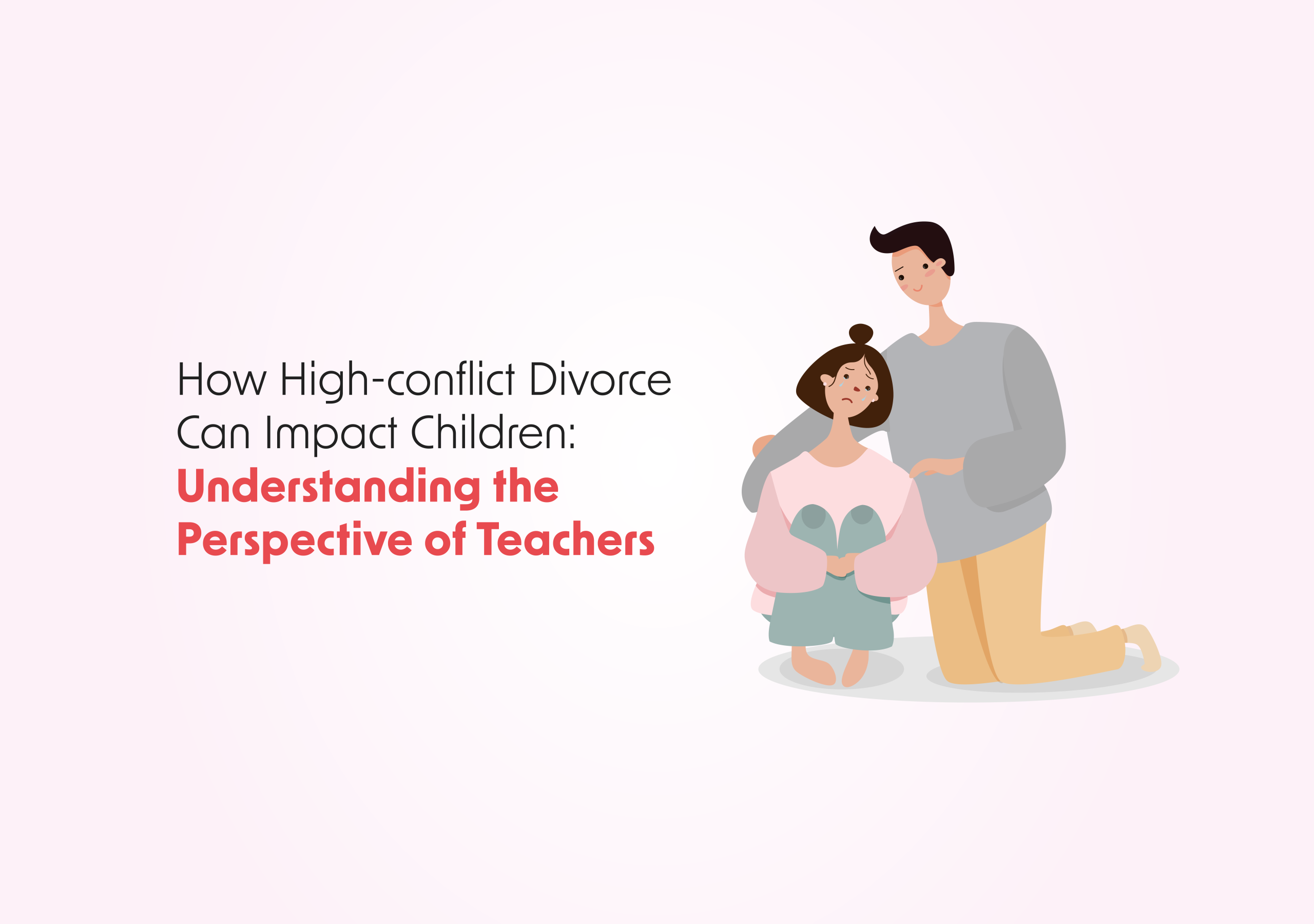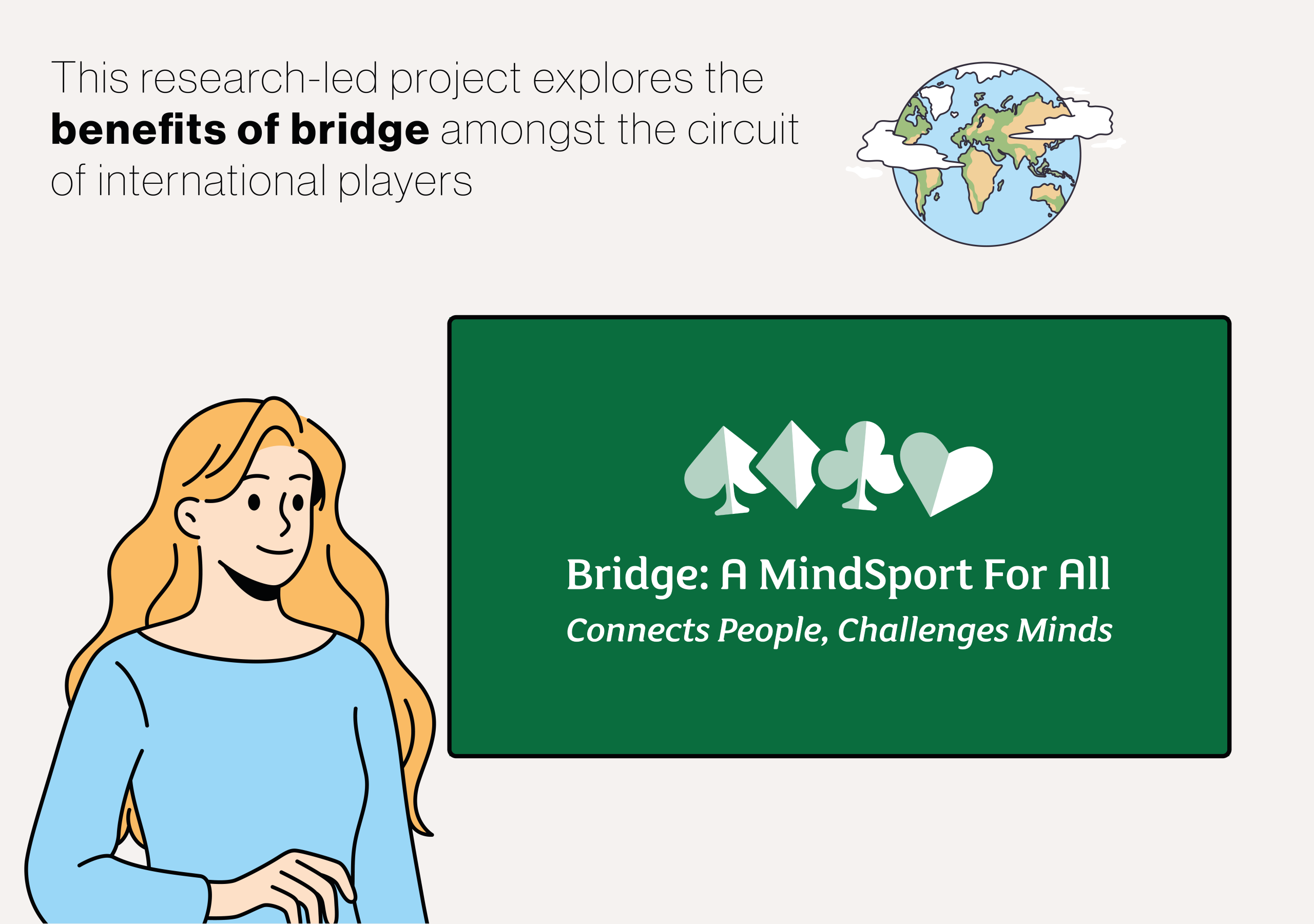What is the impact of the ‘culture wars’ on American businesses? Professor Bertrand Guillotin at the Fox School of Business at Temple University explores this phenomenon using the case of Chick-fil-A, a fast-food giant caught in the crossfire of social issues. From its conservative Christian roots to recent attempts at inclusivity, he explores how CEO Andrew Cathy has so far navigated this complex landscape. Examining strategies other companies use to manage their stance in today’s polarized climate, he highlights the challenges of balancing corporate values with social values. More
The United States, and other Western countries, are in the midst of the ‘culture wars’. The current culture wars in Western countries, especially the USA, involve intense ideological conflicts over issues such as gender identity, racial justice, abortion rights, gun control, and the role of government, often dividing society along political lines.
In the past, social values were largely separate from business operations. However, they now collide head on with corporate values. The culture wars are testing companies’ and consumers’ loyalty to principles in an unprecedented way. The collateral damage is in the billions across industries.
This landscape cannot be ignored by business leaders, and CEOs have been grappling with how to respond. Companies are struggling to stay neutral, and many have been targeted for stances they have taken on various issues.
Professor Bertrand Guillotin explores this hot button topic using the example of Chick-fil-A, a company that has sat firmly in the middle of the US culture wars. He looks at the history of the company, its controversies, and its other business challenges. The story of this corporation highlights the difficult landscape CEOs are now required to navigate.
Chick-fil-A is an $18 billion fast food company, recognised for its invention of the chicken sandwich. It is also known an outspoken advocate for conservative Christian values. In 2021, the company named its new CEO, Andrew Truett Cathy, who inherited the privately-held family-owned empire.
In recent years, the company has been in the middle of the ‘chicken sandwich wars’, which have gripped the fast-food industry. This started in 2019 when Popeyes released its chicken sandwich. It was an overnight success, causing its franchises to sell out within days. In response, almost every other fast-food chain improved or rolled out their own version, including McDonalds and Wendy’s. By 2023, although the hysteria had calmed down, the chicken sandwich war was still raging.
Professor Guillotin explains that this has created an even more difficult market position for Chick-fil-A, which has sat at the centre of the culture wars. Since 2012, the restaurant’s growth has been tainted by Dan Cathy’s anti-gay marriage statements and corporate donations to anti-gay rights organisations. At the time, Dan Cathy responded saying that the company would continue to operate on biblical principles.
In 2019, this controversy reemerged when both San Antonio and Buffalo airports banned the opening of Chick-fil-A’s stores in their terminals. This led to the passing of a bill in Texas that supporters said would provide religious protections to companies such as Chick-fil-A. Critics said it discriminated against LGBTQ+ individuals. The debate continued on the campus of Kansas University, where some students sought the removal of Chick-fil-A from campus, while others petitioned to keep it.
In 2019, Chick-fil-A opened its first restaurant outside the USA in Toronto, a city ranked third among LGBTQ+-friendly cities globally. It received a mixed welcome but there are now eight Chick-fil-As across Canada. A month later, the franchise attempted to launch in the UK but was shut down just a week later due to protests. It still does not have any restaurants in the country.
In late 2019, the organisation announced it would stop making donations to anti-LGBTQ+ organisations. It followed through on this, although Dan Cathy continued to make donations as an individual. However, the polarisation continued. Many saw Chick-fil-A as a greedy business with a hateful agenda, while others wanted to buy chicken sandwiches without having to engage in a moral debate. Some were caught in the middle of this – Pete Buttigieg, an openly gay presidential candidate, stated “I do not approve of their politics… but I kind of approve of their chicken”.
When Andrew Cathy received the CEO baton from his father in 2021, he signed a covenant that he would remain committed to the company’s philanthropic work and Christian faith, including never opening on a Sunday.
Professor Guillotin explains that Andrew has followed firmly in the family tradition and has retained these core values and practices. However, he faces a stark challenge in managing the company’s future. Andrew appointed Chick-fil-A’s first vice president for diversity, equality and inclusion and focussed on ensuring equal access, valuing differences and creating a culture of belonging.
They created several staff groups for women, black employees, young professionals and those concerned with sustainability. The company also launched a scholarship program, switched some of their philanthropic focus to non-profit organisations in the community, and donated $25,000 to support a local food pantry. Some of this activity sparked calls for a boycott amongst conservative groups who feared the company had “gone woke”.
In 2023, Andrew Cathy was still managing this complex situation, trying to balance Chick-fil-A’s conservative values and opposition from the LGBTQ+ community, while maintaining the company’s prosperity.
Professor Guillotin says that Andrew has to think carefully about the next steps for Chick-fil-A. Some have speculated that the company might target European countries such as Hungary and Poland, which are traditionally conservative and have anti-LGBTQ+ policies. However, there may also be opportunities for them to expand further in Asia, where they have been successful, or Africa, which has a population of more than 1.4 billion people.
In terms of managing their domestic reputation in the midst of the culture wars, what do CEOs do?
Some business leaders simply attempt to avoid the spotlight or any statements about sensitive or divisive issues. However, this is becoming increasingly difficult. Other CEOs have found out the hard way that they can end up offending or upsetting multiple parties by endorsing a social cause and then having to reverse course to mitigate a negative response.
Professor Guillotin suggests that a best practice example of a sensible and sensitive approach is that devised by the CEO of PPG Industries, a global supplier of paints and coatings. They use an internal scoring system to determine whether to comment on matters that are likely to offend customers, employees or otherwise affect the brand. If they do decide to comment, they carefully consider how to do this in the least divisive way.
Chick-fil-A’s story highlights how difficult it can be for companies to navigate today’s culture wars. Professor Guillotin has demonstrated that if organisations wish to stay true to their corporate values whilst remaining successful and mitigating backlash, they need to consider their next steps very carefully.







